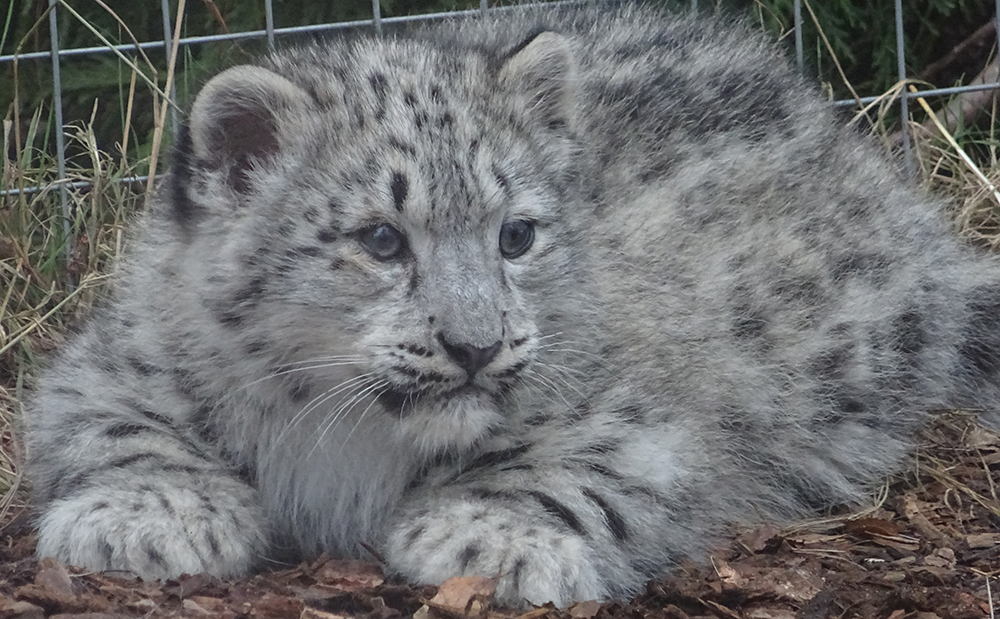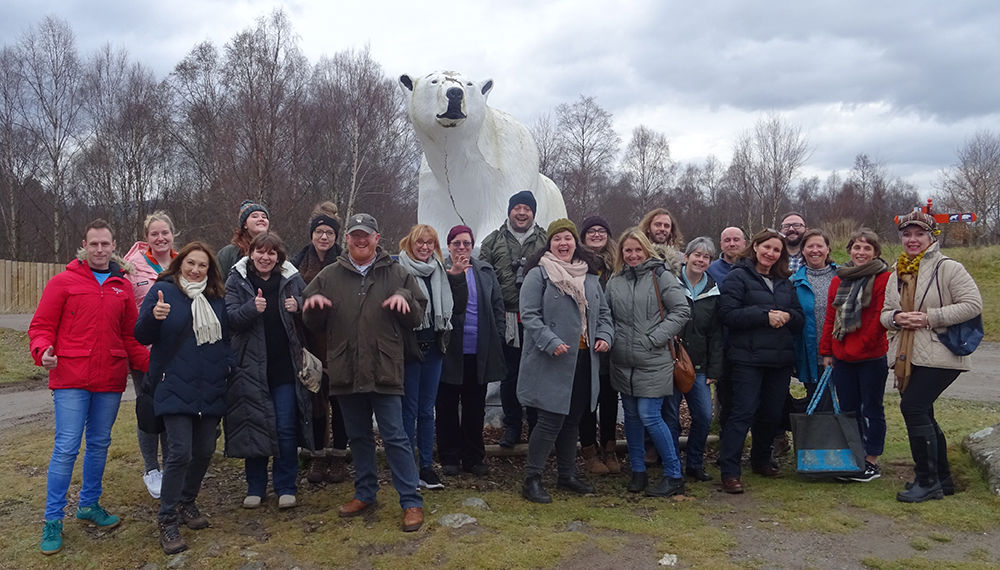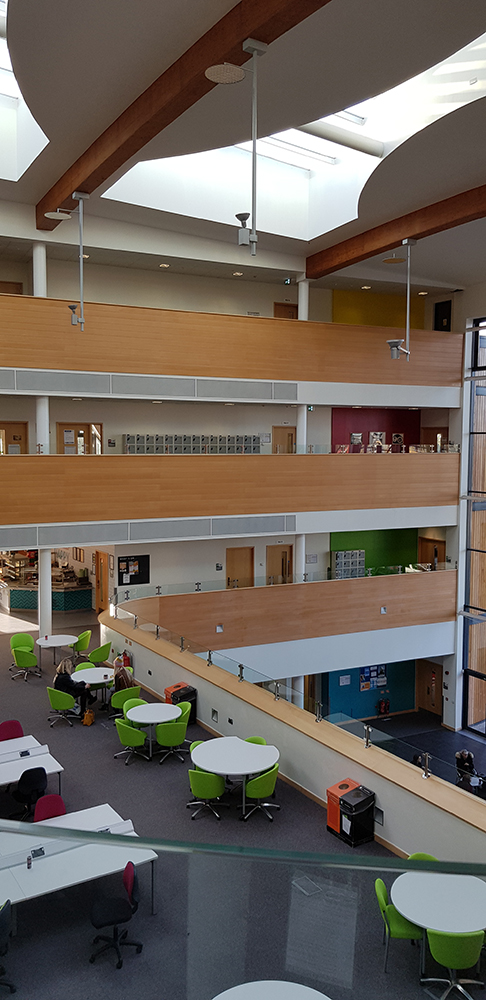Whilst the UK is in the midst of a general election, its a good opportunity to reflect on what is genuine commitment and well-meaning promises or words and messages designed to deflect, garner support, or even deceive. In conservation behaviour change messaging we need to be wary of over-promising or misleading, however, we too are in the ‘business’ of generating interest and support and “evangelising” for the environment and conservation.
Combining our ‘education’ role with behaviour change outcomes is a cause to be optimistic. It is clear knowledge does not equate to change, however, if we utilise the emotions and personal connections, success is possible. Brilliant TV documentaries like Blue Planet II and the plastics issue, is a good example. It seems the environment IS now an issue within the UK election, with plastics and climate change in many people’s minds.

Zoos have contributed to conservation in many ways, some breeding for reintroduction (although far less than many people may think), development of science and skills for both zoo and in situ work etc., but our education role is the clear hope for the future – but likewise needs to move beyond the short school visit lesson to a real development of environmental and nature understanding and direct action, and lifelong learning.
UK zoo & aquarium educators (and those around the world) are passionate, enthusiastic, knowledgeable and skilled, however, they are under-resourced and under-supported in the scheme of things relative to the importance of ‘education’. It has, thankfully, always been the case that zoo & aquarium educators share and learn from one another.

Some 30+ years after I attended my first UK zoo educator conference, it was great to meet up with some of the attendees to the 2019 BIAZA Education & Presenter Conference on their extra day visit to Highland Wildlife Park in the Cairngorms, Scotland. Whilst many of the day-to-day challenges are the same as they have always been, it is good that there is more and more focus on engaging people – of all ages, experiences and abilities – in nature and what they can do to address environmental issues, whilst loving the world we live in.

At City of Bristol College earlier this month, it was great to spend a day with students raising their awareness and understanding, as well as helping them with developing skills in communication and preparing for careers in the ‘animal sector’. We need more good, passionate communicators to promote the ways in which the future of life on Earth can be contributed to and developed by individuals and not just dictated by political, commercial and ideological elites.
ZooStephen workshops and training activities are tailored to each college/course or zoo and available across the UK (and abroad) throughout the year. Contact zoostephen@outlook.com
We should never forget the reality of life and the way our society works (or doesn’t) and that, as campaigners such as Greta Thunberg have shown us, there is a need to challenge the ‘establishment’ as it currently exists with its reliance on ‘economic growth’ and consumerism. There is some cause for optimism, but as election campaigning shows us, people can have very fixed ideas, beliefs and opinions and don’t like them questioned or challenged.
